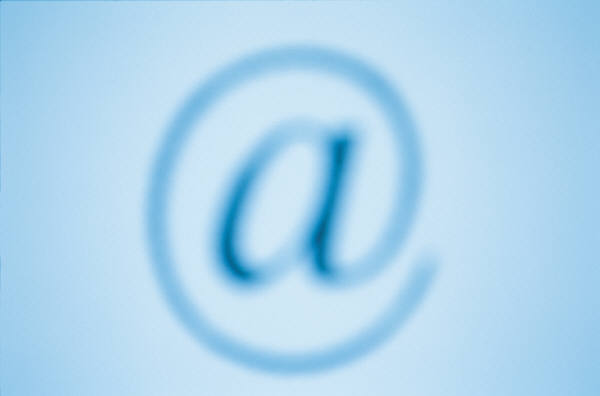Email has turned us all into liars
Pork pies rise 50% when we communicate digitally, research finds

Sign up for breaking news, reviews, opinion, top tech deals, and more.
You are now subscribed
Your newsletter sign-up was successful
Ever found yourself bending the truth in an email? You're not alone, according to recent studies by Leheigh, Rutgers and DePaul Universities in the US.
Researchers there found that subjects lied 50 per cent more often when communicating by email than via old-fashioned pen and paper. The studies presented subjects with a pot of cash and asked them to split it with someone else, negotiating either by email or a written note.
All the experimentees lied about how much money they had been given (no great surprise, as they were all MBA students, a more conniving, self-seeking bunch of money-focused individuals you could struggle to find).
However, those that used email to divide the dosh consistently reported receiving a smaller sum of money, and offered less to their fictional partners, than those writing a handwritten letter.
The evils of email
"E-mail communication decreases the amount of trust and cooperation we see in professional group-work, and increases the negativity in performance evaluations, all as opposed to pen-and-paper systems," explains Terri Kurtzberg of Rutgers University. "People seem to feel more justified in acting in self-serving ways when typing as opposed to writing."
So there you go, all those phishing emails are just the tip of the iceberg – you simply can't trust anyone online. Except TechRadar, of course.
Sign up for breaking news, reviews, opinion, top tech deals, and more.
Mark Harris is Senior Research Director at Gartner.